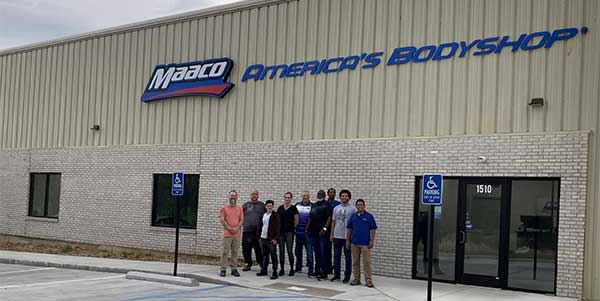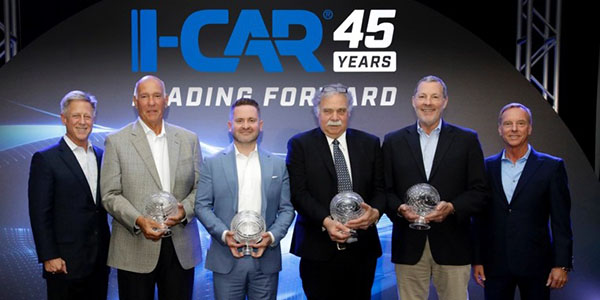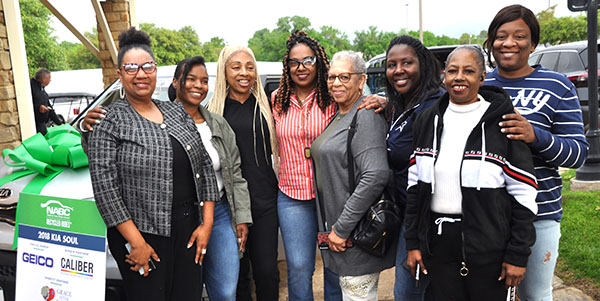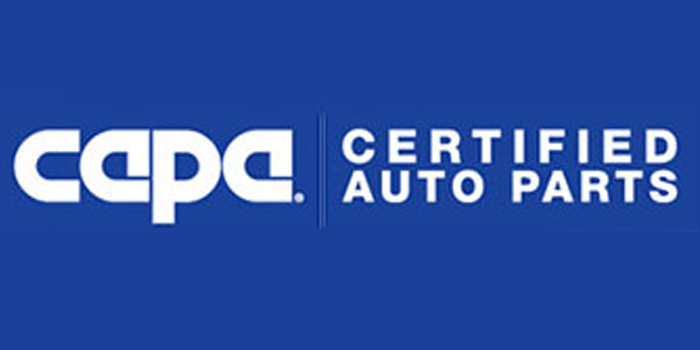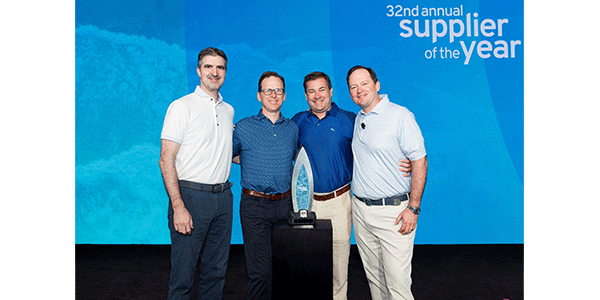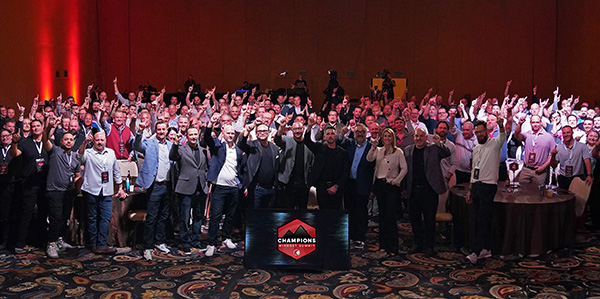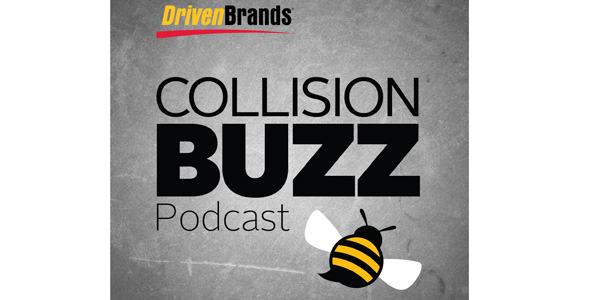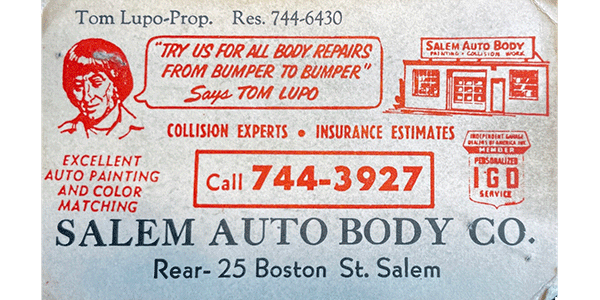The U.S. Department of Transportation’s National Highway Traffic Safety Administration (NHTSA) has issued a notice of proposed rulemaking (NPRM) to update electrical safety requirements for hydrogen fuel cell vehicles and “mild hybrid” vehicles.
“A key component of the Department’s safety mission is ensuring that our regulations are up-to-date and provide the highest level of safety possible,” said U.S. Transportation Secretary Anthony Foxx. “Today’s proposal not only boosts our efforts to increase fuel efficiency and energy security, it also builds on our efforts to encourage technology innovation.”
The NPRM proposes adding an optional method for post-crash electrical safety into the standard, FMVSS No. 305, that involves physical barriers to prevent electric shock due to direct or indirect contact of high-voltage sources. This proposed optional method affords the same level of electric shock protection as the other methods for electrical safety currently in FMVSS No. 305 and would enable innovative powertrain technologies.
FMVSS No. 305 currently only has post-crash electrical safety requirements. The NPRM seeks to expand the standard’s performance requirements beyond post-crash conditions by adopting the electrical safety requirements during normal vehicle operation that are specified in the United Nations Global Technical Regulations. The NPRM also proposes an optional method of meeting electrical isolation requirements in certain conditions that would allow fuel cell vehicles to be offered for sale in the U.S.
The effect of the proposal would be to enable wider use of hydrogen fuel cell and “mild hybrid” vehicles – those that use electrical systems to supplement gasoline engines and boost efficiency. Toyota Motor North America and the Alliance of Automobile Manufacturers have submitted separate petitions for rulemaking seeking to update the standard to enable innovative powertrain systems.
“Today’s proposal would provide more options in building safety into electric and fuel-cell cars and help automakers develop and sell more fuel-efficient vehicles,” said NHTSA Administrator Mark Rosekind. “U.S. consumers would be able to purchase a wider variety of vehicles with high fuel efficiency and zero or low emissions without any decrease in safety. At the same time, the proposed rule would better align NHTSA regulations with global industry standards.”
The proposed updates to FMVSS No. 305 align the standard with international regulations and the latest version of the voluntary industry standard, SAE J1766, “Recommended Practice for Electric and Hybrid Electric Vehicle Battery Systems Crash Integrity Testing.”


